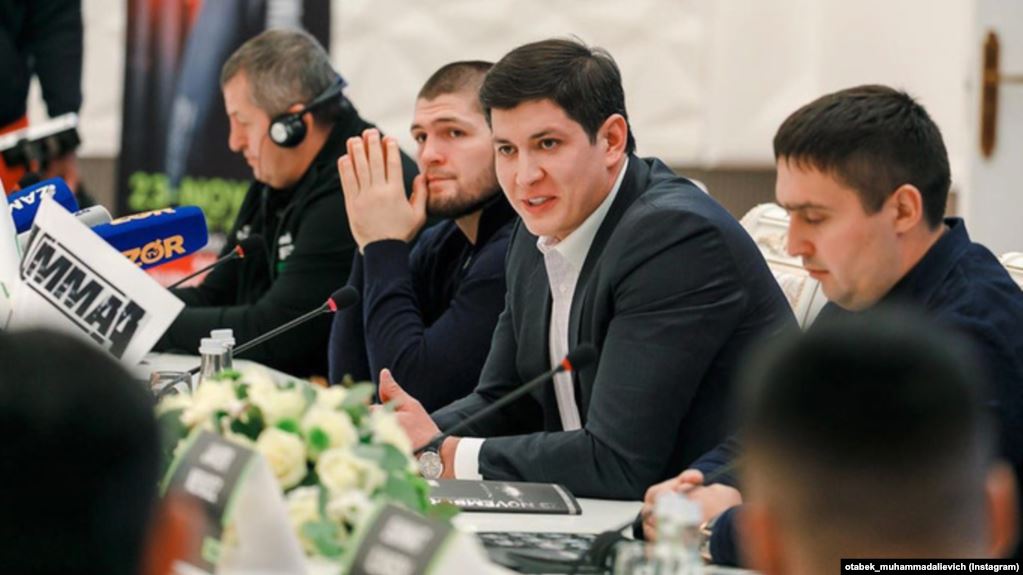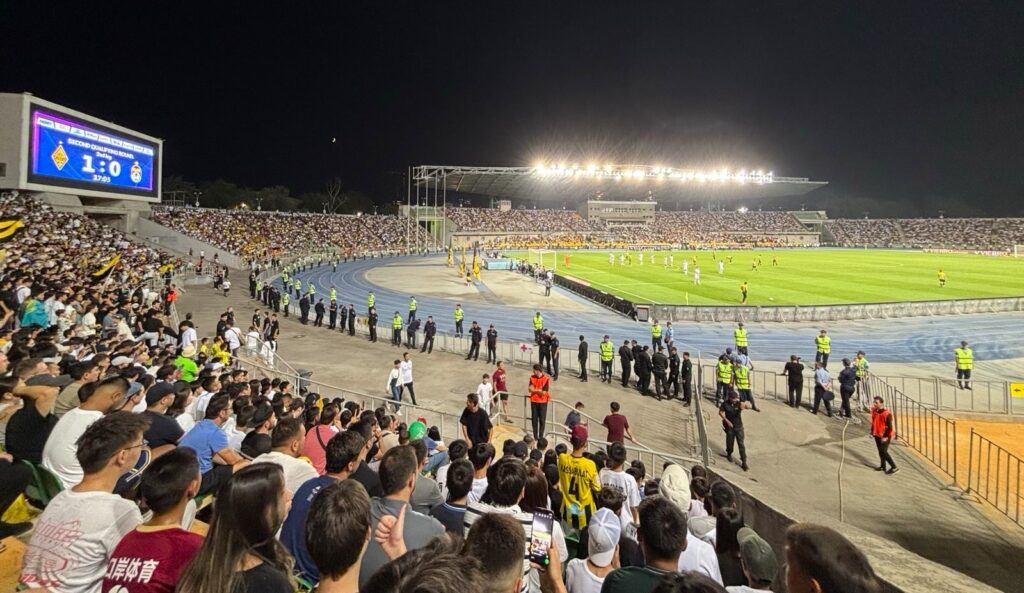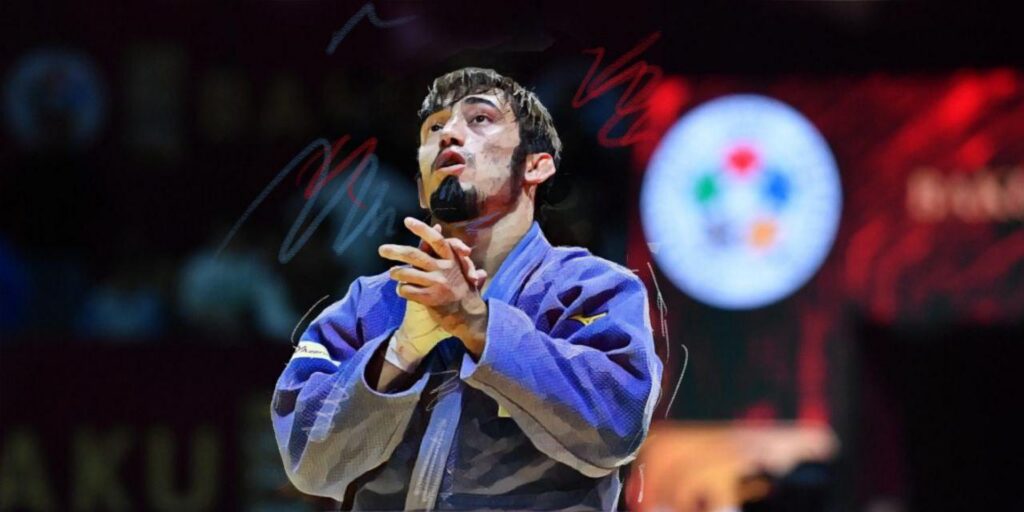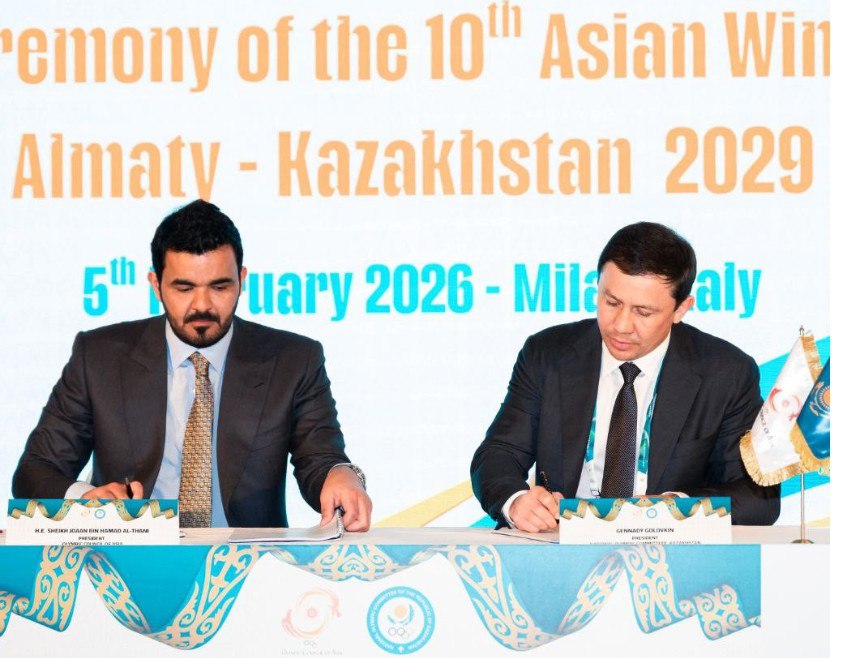Short track speed skater Daniil Eybog competed for Russia at the 2022 Winter Olympics in Beijing, just before Russia’s full-scale invasion of Ukraine. This year, Eybog will represent Uzbekistan at the games in Italy, switching countries because of international restrictions that were placed on Russian athletes because of the war. Eybog will race the 500-meter distance for the Central Asian country at the games in Milan and other locations in northern Italy. Medet Nazarov, an alpine skier from Chimgan in Uzbekistan, will compete in the slalom and giant slalom events. Uzbekistan planned to send pair figure skaters, Dmitry Chigirev and Ekaterina Geynish, to Italy as well, but Chigirev suffered an injury that forced their withdrawal. “Good night or good morning, whichever you prefer. I'm off to the Olympic Games!” 28-year-old Eybog said this week on social media. “The route is a bit crazy. I'm flying via Tashkent. First stop. Then to Istanbul and from there to Milan. Let's go.” Eybog came seventh in the 500 meters while competing for Uzbekistan at the Asian Winter Games in Harbin, China, last year. Before switching his sporting nationality, he was part of the winning team in the 5,000-meter relay at the 2020 European Championships in Hungary. The executive board of the International Olympic Committee can approve a change in the country that an athlete represents, under certain conditions, and has done so for a number of competitors in this year’s winter games. In an interview last year with Russian outlet Tverisport.ru, Eybog described his experience at the Beijing Olympics as “chaotic,” saying he had been an alternate and then made the Russian team virtually at the last minute. “Since then, given my experience, I've developed a strong desire to compete in the Olympics again and this time try to fight for a medal,” Eybog said. “But, as you know, due to the political situation, the eligibility of Russian speed skaters and short track speed skaters for the 2026 Games in Italy is in question. Without serious motivation, maintaining high-level athletic fitness is quite difficult. Currently, the only way to qualify for international competitions, including the Olympic Games, is to compete for another country.” He said there were several countries that might have accepted him into their teams, but “the historical and geographical proximity of the countries played a role, including the familiarity of the Uzbek people with the Russian language." Eybog said short track speed skating is just starting to develop in Uzbekistan, whose Olympic committee has funded his training in Russia. Another Russian skater, Denis Ayrapetyan, also transferred to Uzbekistan at the same time, though he is not competing at the Winter Olympics. Some Russians, as well as competitors from Belarus, a close ally of Russia, are participating in the games under the designation of Individual Neutral Athletes. They must meet requirements to take part, including, for example, not actively supporting the war in Ukraine. The flags of Russia and Belarus won’t be displayed at the games, and their anthems won’t be...






